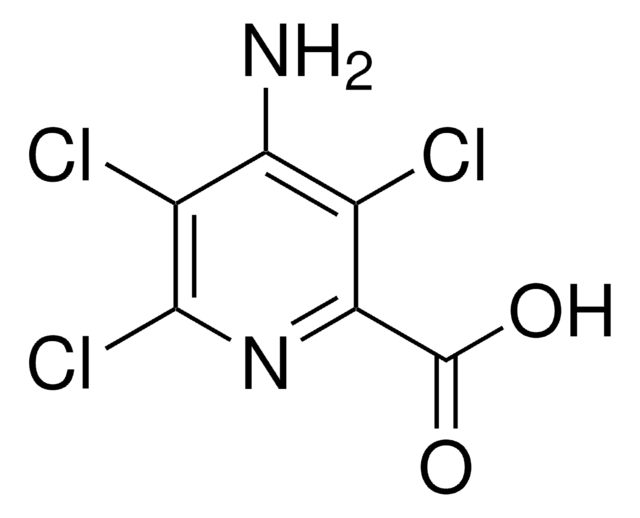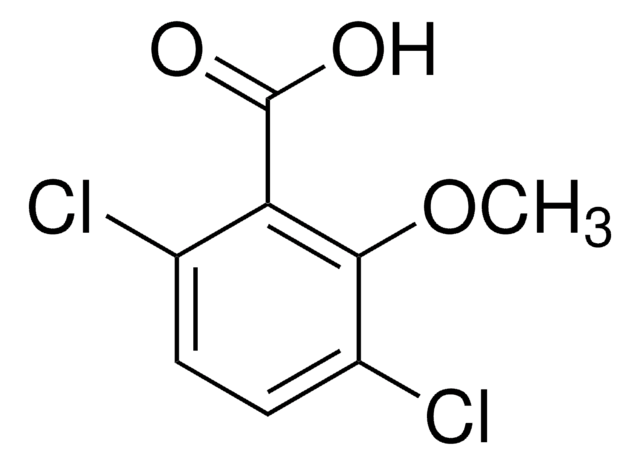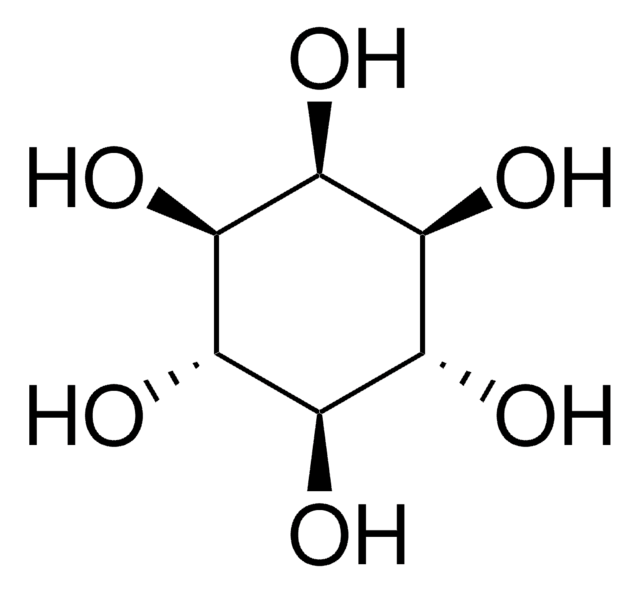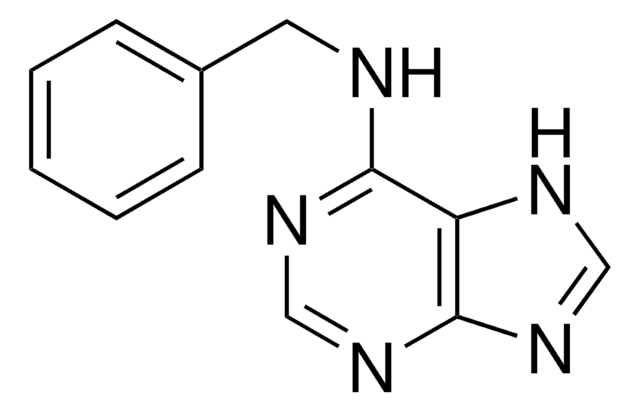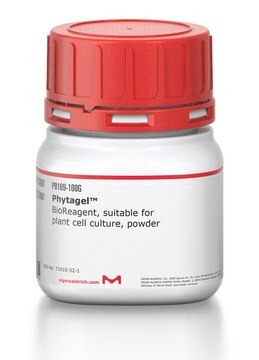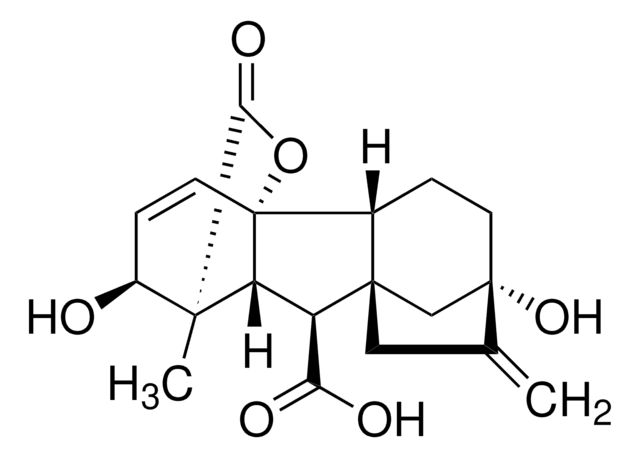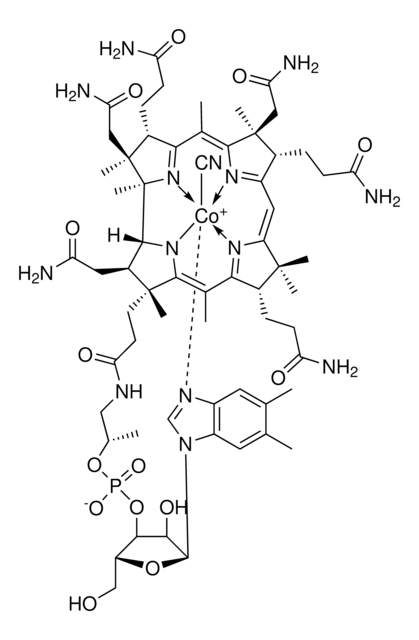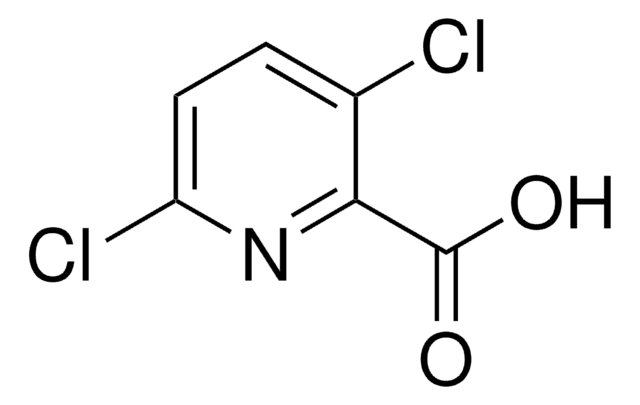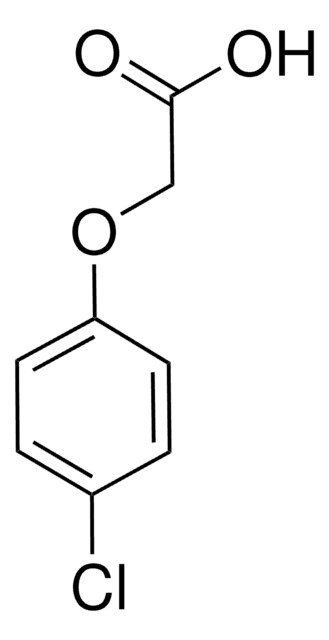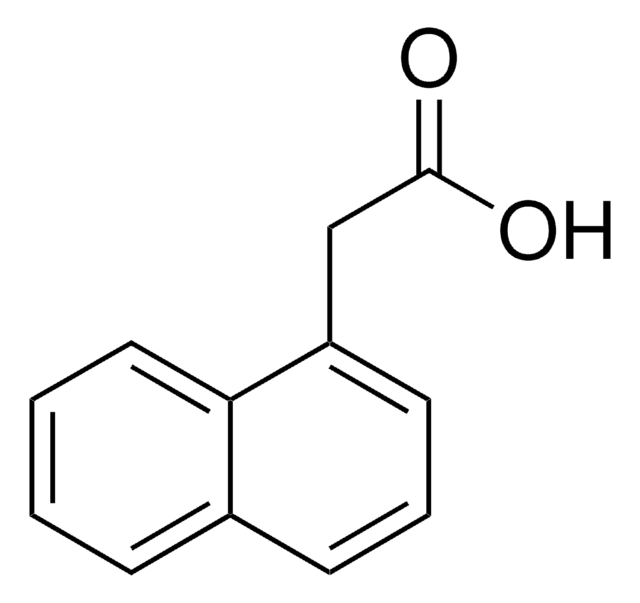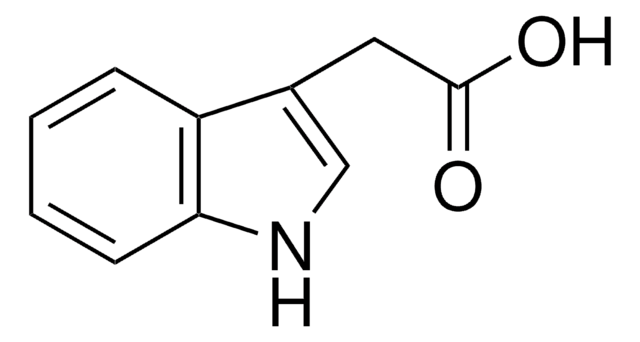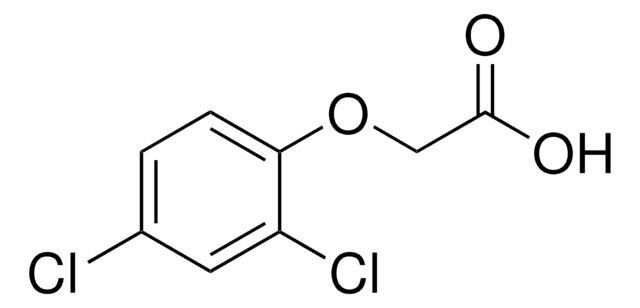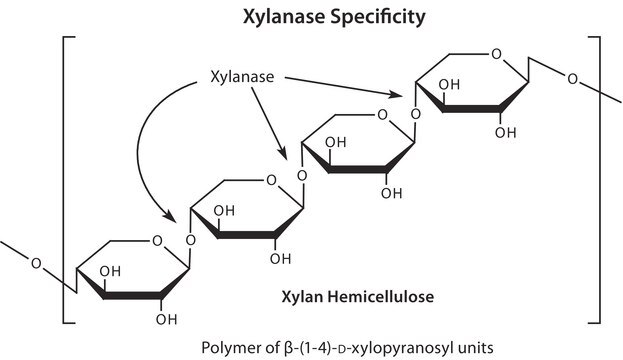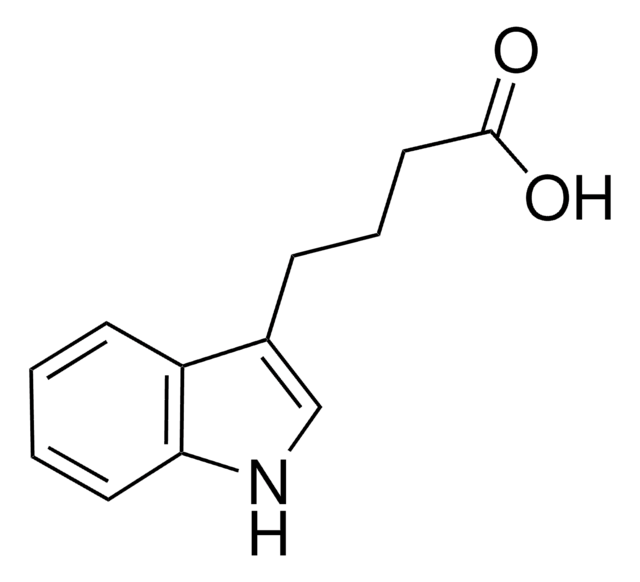P5575
Picloram
suitable for plant cell culture, BioReagent
Synonym(e):
4-Amino-3,5,6-trichlorpyridin-2-carbonsäure, 4-Amino-3,5,6-trichlorpicolinsäure, Picloram
About This Item
Empfohlene Produkte
Produktlinie
BioReagent
Form
powder
Methode(n)
cell culture | plant: suitable
mp (Schmelzpunkt)
200 °C (dec.) (lit.)
Anwendung(en)
agriculture
SMILES String
Nc1c(Cl)c(Cl)nc(C(O)=O)c1Cl
InChI
1S/C6H3Cl3N2O2/c7-1-3(10)2(8)5(9)11-4(1)6(12)13/h(H2,10,11)(H,12,13)
InChIKey
NQQVFXUMIDALNH-UHFFFAOYSA-N
Suchen Sie nach ähnlichen Produkten? Aufrufen Leitfaden zum Produktvergleich
Verwandte Kategorien
Anwendung
Biochem./physiol. Wirkung
Angaben zur Herstellung
H-Sätze
P-Sätze
Gefahreneinstufungen
Aquatic Chronic 3
Lagerklassenschlüssel
11 - Combustible Solids
WGK
WGK 2
Flammpunkt (°F)
Not applicable
Flammpunkt (°C)
Not applicable
Persönliche Schutzausrüstung
dust mask type N95 (US), Eyeshields, Gloves
Analysenzertifikate (COA)
Suchen Sie nach Analysenzertifikate (COA), indem Sie die Lot-/Chargennummer des Produkts eingeben. Lot- und Chargennummern sind auf dem Produktetikett hinter den Wörtern ‘Lot’ oder ‘Batch’ (Lot oder Charge) zu finden.
Besitzen Sie dieses Produkt bereits?
In der Dokumentenbibliothek finden Sie die Dokumentation zu den Produkten, die Sie kürzlich erworben haben.
Kunden haben sich ebenfalls angesehen
Unser Team von Wissenschaftlern verfügt über Erfahrung in allen Forschungsbereichen einschließlich Life Science, Materialwissenschaften, chemischer Synthese, Chromatographie, Analytik und vielen mehr..
Setzen Sie sich mit dem technischen Dienst in Verbindung.